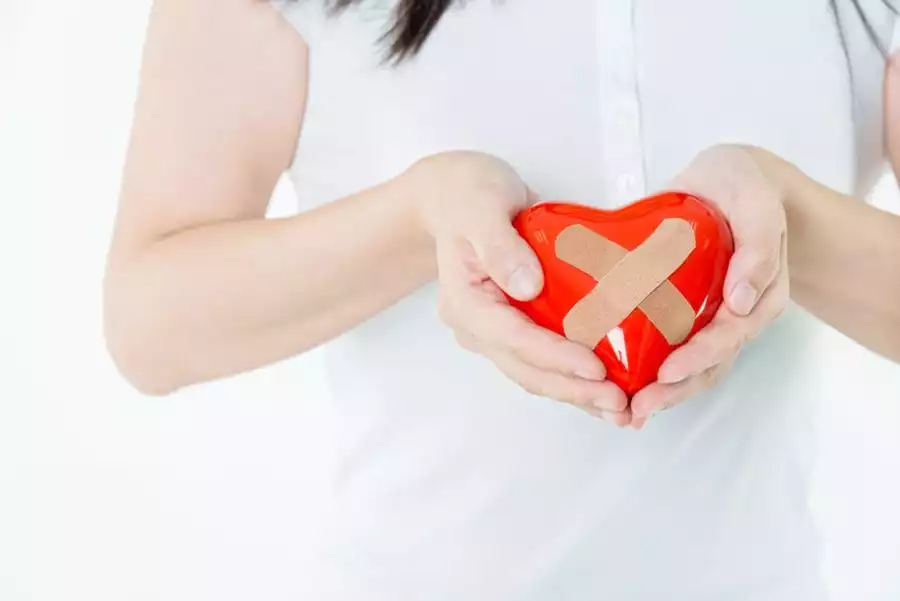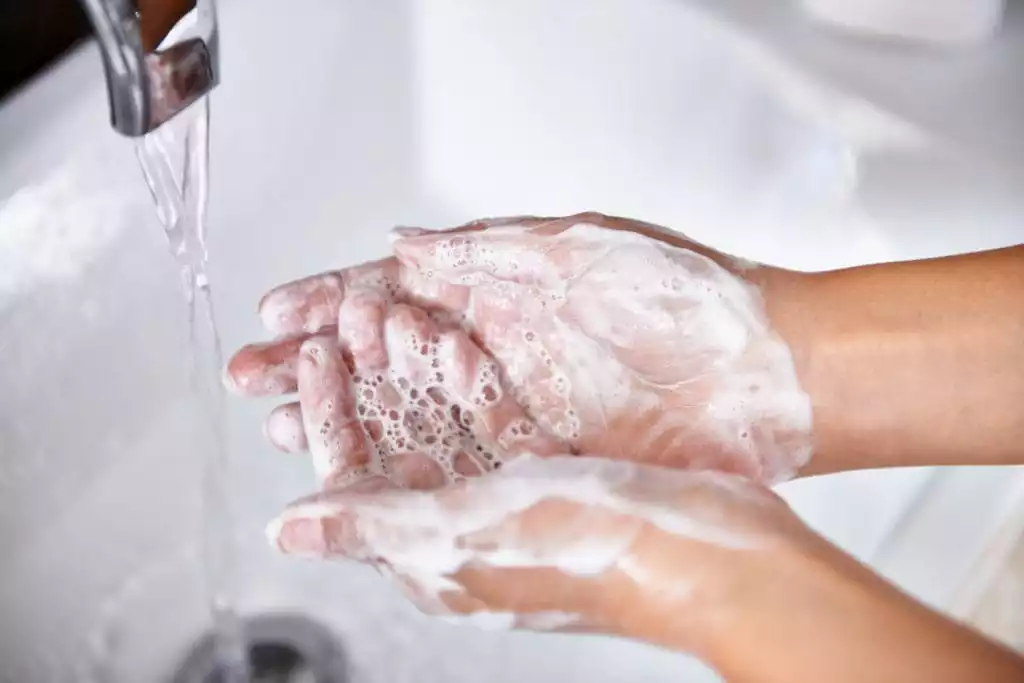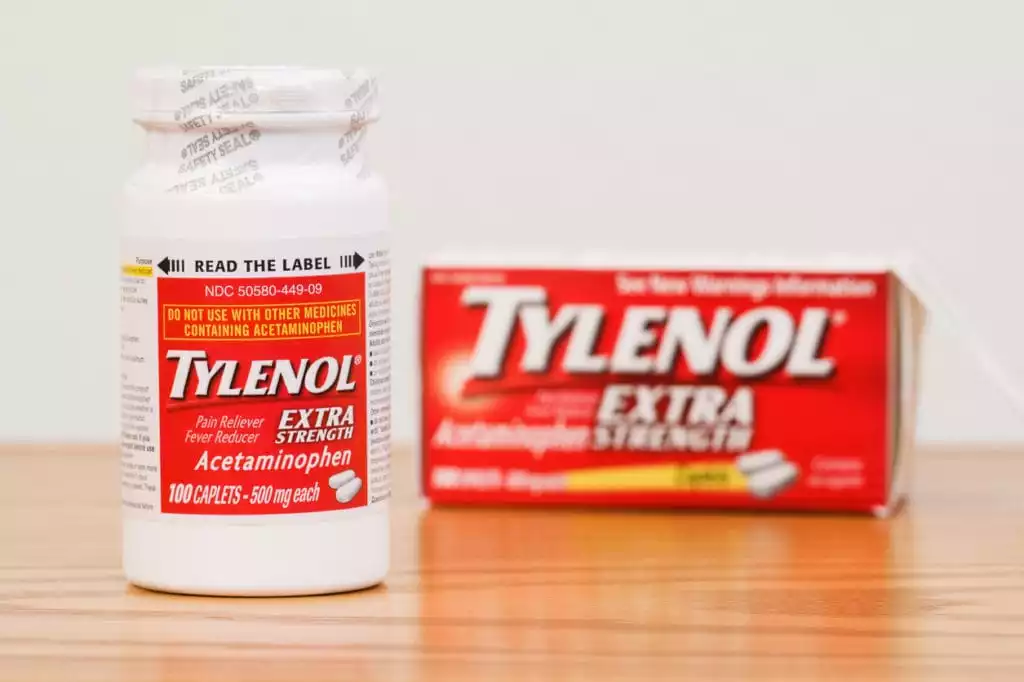
Most of us desire nothing more than living a happy, healthy life well into our Golden Years. We look forward to spending our days relaxing with loved ones, achieving our career goals, having children, and sometimes, just adventuring through life. Taking care of your health is the very best way to ensure that you remain healthy and well enough to enjoy everything life has to offer.
You may not be able to prevent every potential health condition, but that doesn’t mean you shouldn’t strive to stay healthy at all. More patients than ever strive for wellness on a daily basis by eating the right foods, getting enough exercise, and seeking medical care promptly when it’s needed.
While diet, exercise, rest, and care are the very best way to keep yourself healthy, there’s still a great deal of controversy and confusion surrounding other wellness topics. Some of the most damaging activities and choices remain misunderstood, causing subtle harms, injuries, or illness slowly over time. If you’re engaging in any of the following three activities, you just might be harming your health without even realizing it.
1. Overwashing/Overusing Antimicrobial Soaps
It’s no secret that human hygiene has improved over the last century. Whereas we once took baths only every fortnight or even once every few months, and emptied our chamber pots into the street, we now know that regular bathing and indoor toilets reduce the risk of illness and health concerns dramatically. Increased hygiene is one of the biggest factors in the reduction of widespread communicable diseases, illnesses and early death, but like anything else, it is possible to take hygiene measures too far.
Overwashing and the overuse of antimicrobial soaps, especially in situations where they aren’t required, is leading to superbugs with antibiotic resistance. For sensitive patient populations like the elderly and infants, those superbugs can be fatal. There’s also a modicum of evidence that may point to a connection between overwashing and impaired immune system development in childhood.
Some research also identifies specific antibacterial substances, like triclosan, as endocrine disruptors in pregnancy. Triclosan also develops into chlorine gas when added to chlorinated water, making use in the bathtub especially concerning.
So how do you know when to wash and when to let it go so that you’re not harming your health?
Most experts agree that common sense is all that’s needed. If you’re a reasonably healthy adult (or child), wash your hands after meals or when they become seriously dirty with plain bar soap and hot water. Shower once per day unless you need to remove debris and/or undesired substances. Skip the antibacterial soaps unless you’re in a communal environment like a school, hospital, or doctor’s office, and even then, limit your use to when you come in and leave.
Perhaps most importantly, don’t be afraid to get a little dirty once in awhile. Kids playing in the sand or dirt aren’t really in any danger; just clean up with clean water when they come indoors.
2. Taking Too Many OTC Painkillers
Today’s humans live busy lives. Work, family, and social engagements keep most of us moving from sunup to sundown, with barely a moment to eat and rest mixed in. Unfortunately, that also means everyday aches and pains can seriously interrupt your ability to get through your day.
The natural reaction is to reach for the Tylenol or Aleve, but these medications are vastly overused in the general population — sometimes with devastating effects.
Research shows that relying on these drugs on a daily or semi-daily basis to handle everything from headaches to age-related aches and pains can cause serious harm. Tylenol seriously impacts liver health, while most non-steroidal anti-inflammatory drugs (NSAIDs) can cause gastrointestinal bleeding and even strokes. The risk of these side effects increases with chronic use or overdoses (even by just a few pills per day).
Most patients can take OTC painkillers safely once in a blue moon. However, if you find yourself needing to rely upon these medications more often than once or twice per week, see your physician. Determining the cause of the problem is the best way to find a long-term solution.
If you do take OTC painkillers, watch for side effects such as:
- stomach pain
- heartburn
- upper right quadrant stomach pain
- rebound headaches
- gastrointestinal upset
You can avoid harming your health when taking OTC painkillers by following the directions on the bottle at all times and not exceeding the recommended daily dose.
3. Overdoing Fitness and Exercise
Are you a fitness buff who strives to eat “clean” and get enough exercise at all times? You should be commended for striving to achieve better health — as long as you remember to rest and indulge yourself once in awhile. While exercise and fitness goals are fantastic, overdoing it can expose you to injury and result in harming your health.
Eating healthy and getting exercise is a good thing, but fitness goals can go sour if the patient begins to obsess over them to the point that their goals become detrimental to their lives. What starts out as a gym fad can eventually become Anorexia athletica, orthorexia, and obsessive exercising if you aren’t taking breaks and attending to any mental health issues at the same time.
Eating and fitness disorders aside, overdoing exercise and curbing calories too deeply can cause serious physical harm. Depending on your age, those harms could include:
- Increased risks of cardiovascular events
- Tendon and ligament sprains and strains
- Extreme, unrelenting fatigue
- Poor or irritable mood
- Depression and anxiety
- Insomnia/poor sleep
- High cortisol levels
- Chronic dehydration
All of these side effects can begin to stack up, making you sick and miserable, if you don’t make time for rest and relaxation.
To avoid harming your health, always try to balance your fitness goals with the occasional break. For every two days you attend the gym, take a day off. Spend some time lazing about now and again with a good book or movie — just don’t make it a daily thing.
When it comes to diet goals for fitness, avoid looking at eating moderately unhealthy foods as “cheating” altogether. This makes food as a forbidden substance, like a drug, and the emotional desire to want what we cannot have can be incredibly strong. That’s setting yourself up for failure.
Instead, develop a positive relationship with food by seeing it as a tool rather than a panacea. Learn the scientific truth about food from reliable sources (like your doctor, a pharmacist, or even Nutrition.gov, and expand your food choices by exploring healthy foods from other cultures. Most importantly, don’t make the occasional indulgence “cheating” — just enjoy with moderation.
Live a Long, Happy Life
The “Fountain of Youth” may be a fictional story created from the very human desire to live forever, but that doesn’t mean you can’t seriously impact your ability to live a long, healthy life. See your physician every six months to a year for a checkup to make sure none of your habits are harming your health. If a health issues arises and you’re not sure how to handle it, then speak with your pharmacist. Good self-care starts with understanding how to address potential risks and problems proactively, no matter where you’re starting from.

 info@burtsrx.com
info@burtsrx.com


